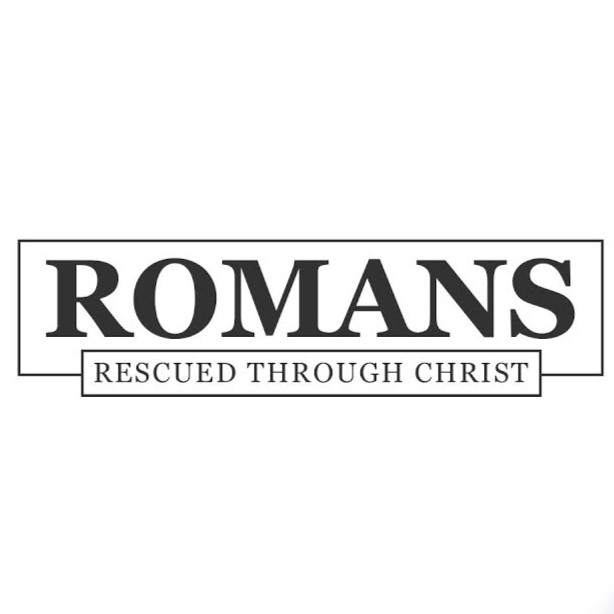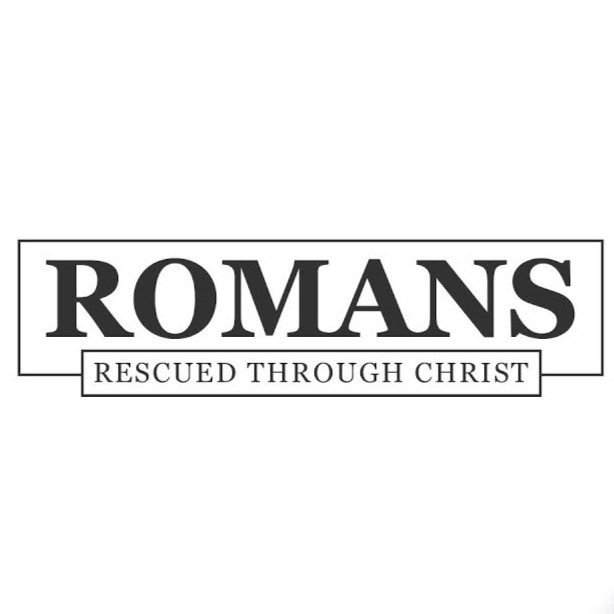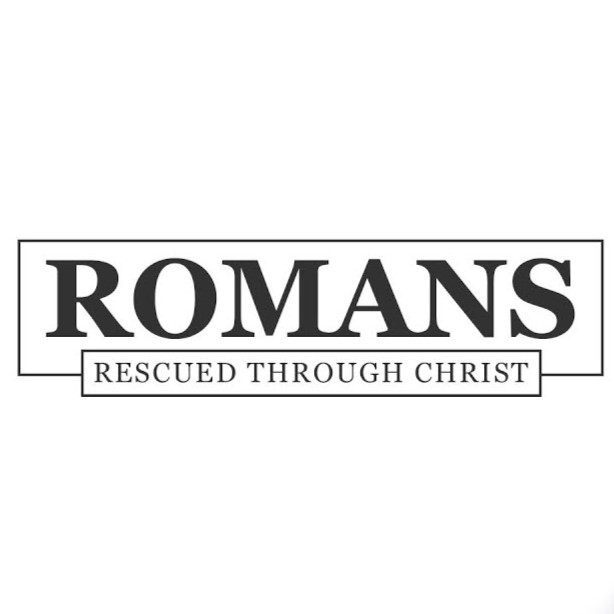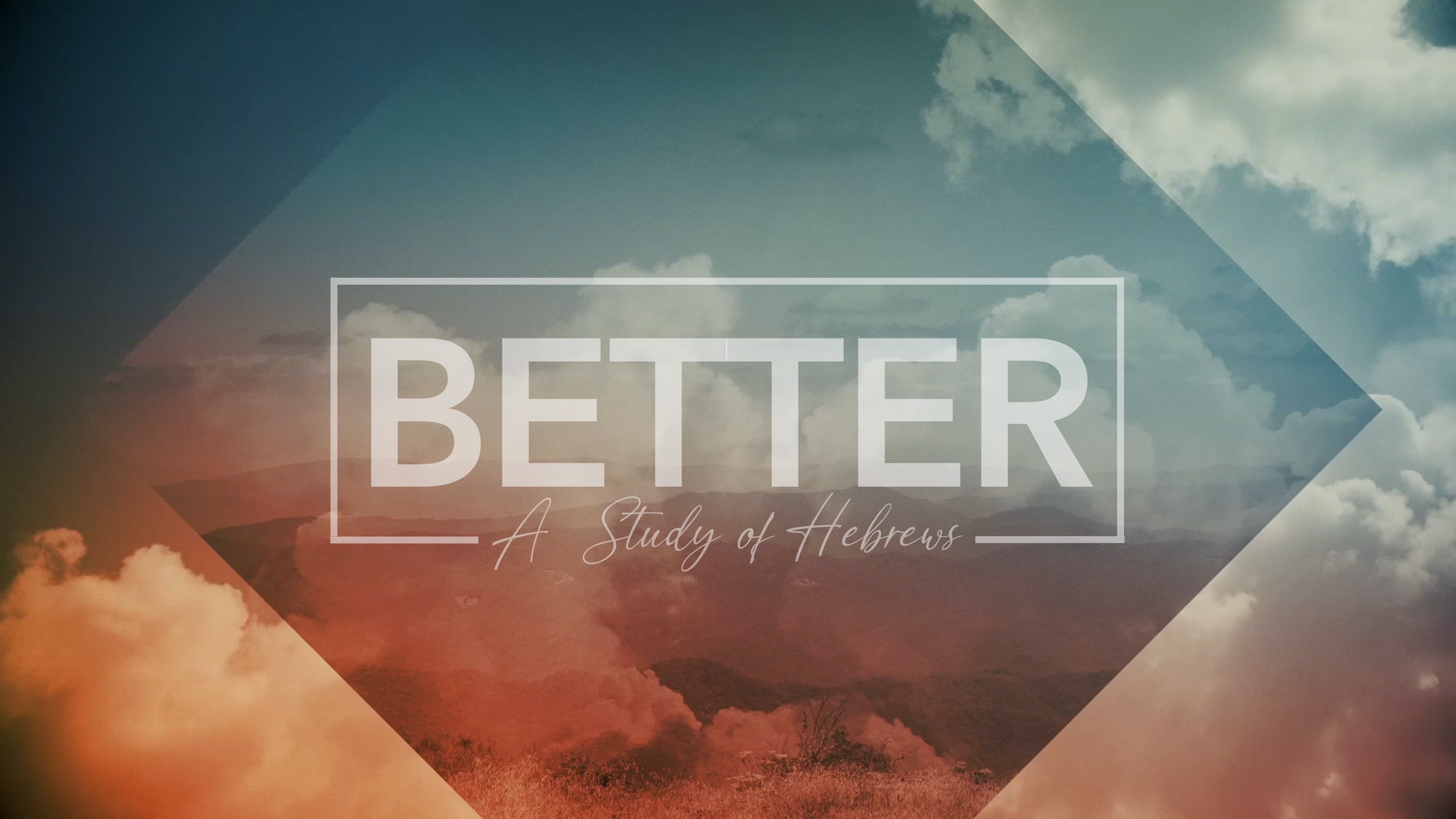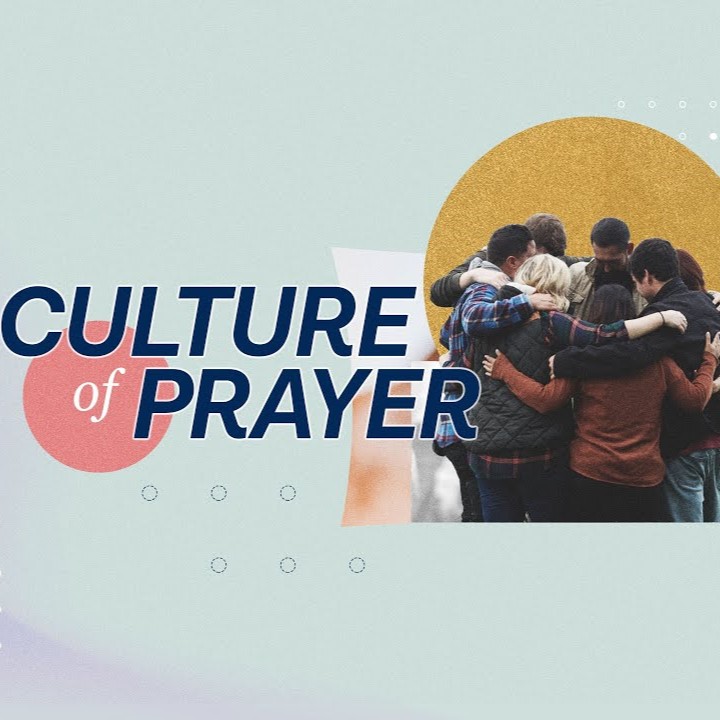View Full Transcript
Episode Transcript
[00:00:01] Speaker A: Hey, thanks so much for listening to this message. My name is Jason and I'm one of the ministers here at the Madison Church of Christ. It's our hope and prayer that the teaching from God's Word you hear today will bless your life and draw you closer to Him. If you're ever in the Madison, Alabama area, we'd love for you to worship with us on Sundays at 8:30 or 10:30am if you have any other questions about the Bible or want to know more about the Madison Church, find [email protected] Be sure to also check out our Bible study podcast. Madison Church of Christ Bible Studies. Thanks again for stopping by.
[00:00:37] Speaker B: When, when I was in high school I get got there on my first day of ninth grade and I remember walking into my fifth period class I had world history with coach Drinkard and he was a character, like just a very, very interesting is the only way. He's like the fun uncle. But I had him for a school teacher. Like he was so cool. He was the soccer coach and everything. And just to explain like the kind of guy he was, at the end of the first day we go through the syllabus and everything that we're going to talk about for the school year and at the end of class he's like, oh, and by the way, I will take any of you in a push up competition.
I'm like what? And I never ever heard of him ever losing. Like they would get to the point that they would be like hundreds of push ups in and they're like yeah, this is just not worth it anymore. Like we're talking about the soccer coach. Like you're supposed to be only good from here down and you're like doing hundreds of push ups with these huge 15 and 16 year olds that are like bigger than I am right now.
Like I don't get it. Like he was just, I mean he was just that guy. Like that explains stuff in such a different way.
But I remembered a lot from his class and one of the things that you talk about in world history was I guess the acquisition or the conquering kind of of the Americas and how they didn't found it but they kind of realized it was there around 1500, right? And in 1492 Columbus sailed the ocean blue. So like around that time period the they found this new land that they didn't know that was there. And there was a guy, his name was Hernando Cortez that came along in 1519. He was a Spanish guy and he was there to get a bunch of wealth and to spread the glory and influence of Spain and to bring it back to his homeland. But when he got there, he did something very interesting when he first landed in Mexico, and he would end up going through and taking over the Aztec empire, who'd been there for hundreds, hundreds of years. When he got there on the beaches, though, he burned the ships that he had used to get there.
And it's kind of a weird thing to do, right? But the reason that he did it was there was only about 500 guys with them, and they had the task before them of conquering this entire new land that they didn't have any knowledge. They didn't know what they were about to face. And so he burned the boats and that they had used to get there because he didn't want them to get scared, to fear of anything that was ahead of them and just hop back on the boats and go home.
We have a similar idea, a similar principle that is set up in our passage in our text today. In Romans, chapter six.
If you remember, last week, Andrew talked about grace and how we, as Christians, we now stand in grace, we with God, and we have peace with God, and we have hope because of all the assurance. And his spirit is with us now. And he continues talking about grace and how Adam, when Adam sinned, he brought death into the world because sin leads to death.
And what he talks about is how sin, when it entered. Like, ever since, there's been more and more of this sin in the world, But God's grace, it increases too.
So the more and more sin there is, the more and more of God's grace that there is, that counteracts, that covers, that forgives the sin.
And so naturally you're led to this question, okay, so if the more sin that I have, the more grace God has, then if I keep sinning, does it really matter? Like, should I keep on sinning? Romans, chapter 6, verse 1. Do I continue in sin so that grace can abound? There can be more grace.
And the problem with that logic, it's flawed because you forget the fact that sin leads to death.
If you remember in Matthew, chapter five and verse three, the very first thing that Jesus says in the Sermon on the Mount is this. Blessed are the poor in spirit, for theirs is the kingdom of heaven.
And the idea there is. Blessed are the people that understand the reality that sin leads to death, and they. They are doomed to death. Blessed are the people who understand that they are spiritually poor and they need something else. They need something greater than themselves. Because then once they obtain that once they get to Christ, they have the kingdom of heaven, See? Do we keep on sinning so that there can be more grace? It's flawed because you forget. You disconnect from the reality that sin leads to death.
And so what does Paul say there in verse number two? Absolutely not. Certainly not. And the certainly not. There is the most emphatic way that Paul can say no. It would be like if you texted me, hey, man, is the sky green today?
I'm like, okay.
No, like, absolutely not. And I wanted to express it as deeply as I possibly could. I would write absolutely not. And in big, thick, like all caps, with like three, four or five exclamation points, and sinned it like three or four times. Absolutely not. Now that's what Paul is trying to say here. Do we keep on sinning? Absolutely not. Why?
How can we who died to sin still live in it?
Do you not know that all of us who've been baptized into Christ Jesus were baptized into his death?
Here's the thing. When you were baptized, when you died to sin, when you died in death, you burned the boats that lead back to sin.
So the question this morning is simple.
We've burned the boats.
However, did we keep a life raft to go back and visit sin?
We've burned the boats, and we burned a lot of them. But maybe you find yourself here this morning and you had that one little thing that didn't get caught in the fire.
Do you find yourself walking with Christ on the beach or swimming in the sea of sin?
Paul continues.
Verse number four. We were buried, therefore, with them by baptism into death, in order that just as Christ was raised from the dead by the glory of the Father, we too might walk in this newness of life. When we burn the boats that lead back to sin, we also begin this new life with Christ when we start something brand new.
And for if we've been united with him in a death like his, we shall certainly be united with him in a resurrection like his. The reality is that when we're baptized, we unite ourselves, we with Christ in His death and in our lives as well. And I can be honest, I could stand up here and talk about us uniting ourselves and the theology and all of the really smart stuff about that for the rest of the day.
But I don't really know what that means, and that's okay. But I understand that it happens when we're baptized. The reality is we are united with Christ.
And because we're united with Christ when He is being raised from the dead, he never will die again. And death or sin doesn't have dominion, or that word means power.
Death doesn't have power over Christ anymore. I'm not saying that we're never going to die. I'm not saying that we're immortal as Christians. But what I am saying is that sin no longer has power over your life. You've burned the boats.
You get to walk forward, you get to be. You have this likeness of Christ now that you can reflect on other people.
And so naturally, as we think about this and we're like, okay, I've been baptized, I've burned the boats to sin. I walk in this new life, I'm now united with Christ.
Sin doesn't have power over me. But what if I make mistakes?
What if I mess up?
I mean, I can say, like I have since I've been baptized, like I've made mistakes.
So where does that leave us? Well, Paul wants you to know two things.
First off, consider yourselves dead to sin and alive to Christ.
Okay? How many of you know what positive reinforcement is?
All. Okay, all five of us. So positive reinforcement is when you tell yourself, I am this. And you do that so consistently, consistently and constantly that you eventually become what you think that you are. Like when I was a kid, mom said you're gonna be a chicken because you eat so much chicken. Like, it's the same thought process. If I wake up every morning and I say, I'm just like this collection of mistakes that I've made.
I'm just this failure of a person.
If you can tell yourself that consistently and enough, eventually your life is gonna reflect that.
But if you wake up every morning and you consider yourselves man, I am dead to sin. I may make mistakes, but I am dead to sin. I am alive to God, Then guess what? Your life is going to reflect that too. So first thing, if you make mistakes and we will tell yourself, man, that doesn't define me. That's not who I am. I am alive to Christ.
I am alive to God. And the second thing he wants you to know is this is, do not let sin reign in your mortal body to make you obey its passions.
That word reign is very similar to the same word that we use for Lord, right? Don't let sin have this lordship or this rulership or this authority over you. Don't let it control what you do to the point that you lose all self control. Don't let it rain.
Imagine it like this. Imagine that your house that you not house. Imagine your heart rather sorry, imagine your heart is a house and you are this house. Before Christ, before you were baptized, before you died to sin and had this new life with Christ, sin owned the deed to the house.
Sin could do whatever it wanted to. If sin wanted to walk in and remodel and just smash a wall out, it could do that. If sin wanted to invite friends into your house, like pornography or drunkenness or drugs or whatever it is, it can invite people into your house and you had no say because it owned the house. If it wanted to drive its car through the garage, he could do that. But guess what? You've been baptized now you've died to sin. You've burned the boats and Christ buys the deed to your house. He buys you and your heart.
You now are remodeling. You're going under this transformation in Christ.
But here's the thing, sin is still going to try to get in the house. And so mistakes are us is sin knocking on the door, maybe breaking a window, sliding under the garage. Dude, I'm telling you, me and my brother Micah, around the age of 8 years old, we could slide into anybody's garage. I'm telling you, we had a garage at my grandparents house and we would press the little garage thing and run and sprint and like, you know, like you gotta hop over the laser and all that stuff, like that's what sin is trying to do. He's trying to get in your house.
That's what mistakes look like.
Allowing sin to reign would be giving sin the keys to your house and saying, you can do whatever you want to.
Christ has bought the deed. But man, you can stay here, you can have a room, you can have friends over, you can do whatever you want to.
The differences between mistakes and sin reigning is one, it's coming after us, but we don't allow it to define us.
And the other is it controls what we say, what we think, what we do.
In verse 14 of Romans he says, look, we're not under this law anymore. Remember, you're standing in grace.
When we make mistakes, remember that you are standing in grace.
First John, chapter one.
John is talking about the fact that when we walk with God, the blood of Christ continually cleanses us from the mistakes that we make.
That if we confess our sins, that he is faithful and just to forgive us.
And then it leads to the second half of Romans beginning in chapter 15. He says, okay, so we're not under the law. We're not under these list of rules anymore, right? So if we're not under this law, do I mean, is it okay for us to Sin.
He says, no. Don't you know that if you present yourselves to anyone as obedient slaves, you are slaves to the one whom you obey. Either sin which leads to death, or obedience which leads to righteousness. The first half of this chapter has been talking about your heart, right? Consider yourselves to be Christ. Now we're talking about slavery. We're talking about doing righteous things, right? This is the doing part of it.
See, the reality is that we have to pick one.
We can't do both.
In Matthew, chapter six, Jesus says nobody can serve two masters. Either he will hate one and love the other, or he'll cling to one and and despise the other one. You can't serve two different people.
But not only that, you can't choose not to choose.
Not choosing is choosing.
I've seen this illustration before, and you probably have too, where God, he has this pasture and death or Satan does too, and they but ends. And all of the children of God are in God's pasture and all the people who aren't, and the other one. And you have these people who.
They just don't know where they fit. Maybe they want to be gods, maybe they want to be Satan. Like, they don't really. They're not really sure. And so what they do, instead of going to one of the two sides, they just sit on the fence.
And when God comes and when he takes all of his people back home to heaven at the end of time, and Satan does the exact same thing. Satan takes all of his people away.
And what he does is he walks up to the fence, Satan does, and he says, come with me. And the people on the fence, they're like, well, I haven't chosen yet. Like, I don't know if I want to follow God or if I want to go with you.
And Satan says, don't you realize I own the fence?
See, not choosing is not an option.
You have to choose whether you want to be slaves to God or slaves to sin.
But not only that, but as slaves, we don't wake up every morning like, man, I gotta be a slave to God today.
The last thing I want to do is be righteous. You know, like, we don't wake up with that attitude.
We wake up with a very, very different one. We sing this song, and I'm not sure how often you sing it here. We sing it at Faulkner a lot. It's pierce my ear.
And the thought of that song comes from Exodus, chapter 21. It says, if the slave plainly says, I love my master, and all of these Things that he's done for me. I don't want to leave you. After six years, a slave had the option to, if he loved his master, to serve him for the rest of his life. And what he would do is they would take him to a door and pierce his ear.
And that signified this new relationship between the servant and the master. The servant, the now serves him for the rest of his life because he loves the master and how the master treats the son, not son, the servant, and all the things that the master has done for him. That's the mentality that we wake up with when we are slaves to Christ. We wake up every morning, we say, I love my master. And that's why I'm going to be a slave to him today, because I see all these things that he's done for me.
When you were in the womb, I knew you right last week we were talking about while we were still in sin, Christ died for us. That's in Romans chapter 5. He's displayed his love for us already and we live every single day as slaves to him. Why? Because we love him back.
That's why Paul's going to continue in his letter.
For just as you once presented yourselves as slaves to impurity and to lawlessness, which leads to more lawlessness, you now present yourself as slaves to righteousness or doing the right thing, which leads to sanctification. And that word means holiness. You used to be under this cycle where you lived, you were slaves to sin and that led to a deeper sin and it just kept going over and over again. But now that you've burned the boats to sin, you live for righteousness, you're a slave to doing the right thing, and that leads you to holiness.
See, I think this word holiness, it scares us because if any word in the world was a church word, holiness is that word right? I mean, tell me the last time that you walked down the aisle in Publix and someone you overheard someone say, man, that is a holy looking Dr. Pepper.
Never write, you never ever hear the word holy unless you're honestly in this building.
What does holiness actually mean? Well, it means that I am set apart for God and for him only. And so when we do these righteous things, it makes us more set apart from the rest of the world that we live in.
And I struggle because I see a lot of people who walk through life and they're like, I don't know what's going on, what do I do next? Like, should I take this job?
Should I interview here?
Like, should I hang out with these people. Should I do this, should I do that? Like I don't understand what God's will for me is.
And this is where I take them. First, Thessalonians, chapter four.
It says, for this is the will of God. This is what God wants from me. This is what God wants from you.
Your sanctification, your holiness. For you to be set apart, that is exactly what he wants for you. What is the will of God? For me to be separate from everything else? And when I'm doing these righteous things, when I'm a slave to Christ, then I'm becoming more holy. And that's exactly what he wants from us.
If you were to take away three things from this chapter this morning, I want you to take away these three.
First off, sin can't control your life. You have this new life with Christ, and guess what? You're going to make mistakes. But remember that you're standing in grace, but you cannot allow it to control your thoughts, your actions, to the point that you're just a being that is controlled by all the sin in your life.
Secondly, everyone is a slave. Everyone is a slave to something. You don't have the option to not be a slave either sin, selfishness, greed, whatever it is, or you're a slave to righteousness. And not only that, but we don't slave to God. We don't serve God just because we have to, because our friends are. Or maybe we're just scared of not. We're scared of the result if we don't.
We serve God. We're a slave to God. Why? Because we want to be. We have this. I love my master. I love my God. I love who he is. And that's why I wake up and serve him every day.
So the question is, like I said earlier, have you burned the boats to sin?
Have you?
When you did burn the boats to sin, did you leave something?
Did you leave a life raft, a little boat like from Peter Pan that you know Pete is rowing? Did you leave something small that you've used to go back to the sea of sin?
Where do you find yourself this morning?
If you would like to burn the boats, guess what? We can burn the boats.
You can get baptized this morning. You can die to sin, burn the boats and begin this new life where I'm doing righteous things because of all the things that God has already done for me.
Maybe you already have, though.
You've already decided to burn the boats and you find yourself this morning drowning in the sea of sin.
Guess what?
We can help you too.
Remember, God will forgive you. If you confess your sins one to another.
God forgives you.
And we can do that this morning, too.
If you have something private that you want to take care of, there's going to be elders in the back. But if you want to confess something publicly or you want to join the body here at Madison, we can baptize you this morning, too.
Whenever your need is. Please come while we stand and while we sing.
